Podcast: Play in new window | Download
Subscribe: Apple Podcasts | RSS
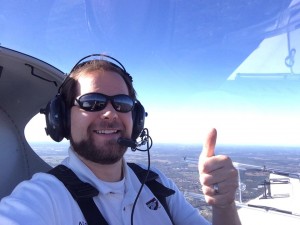 We often receive questions concerning the advantages of accelerated pilot training and time building programs. Today I have with me to discuss this topic, Eric Crump, Aerospace Program Director at Polk State College.
We often receive questions concerning the advantages of accelerated pilot training and time building programs. Today I have with me to discuss this topic, Eric Crump, Aerospace Program Director at Polk State College.
Advantages of Accelerated Pilot Training:
- Obtain all of your pilot certificates in as little as six months.
- Structured education.
- Topics learned stay fresh in your memory.
- Cost can be lower.
- You can start making money in aviation sooner.
- 141 programs have reduced requirements for total time.
Disadvantages of Accelerated Pilot Training:
- Learning can sometimes be short term.
- Up front costs are high because you are paying for the entire program.
- You will have less time and less experience flying.
- Some programs may only teach for the test instead of teaching you to become a good pilot.
Listener Mail:
Can you recommend Ground Instructors study material?
A listener relates his experience flying as a mission and air ambulance pilot.
A listener who always wanted to be an airline pilot relates his first step towards his goal.
I have a varied background with many different jobs. Does that look flighty or indecisive, to an airline and would they hire me?
If airlines are making strategic decisions now to cut capacity, doesn’t that take away the “pilot shortage”?
I’m trying to Network towards obtaining a corporate job. How do I actually approach a individual, and what do I say to them?
I am still working on my CFI licenses, should I start networking right now?
Links Mentioned In This Podcast:
Republic to remove 27 aircraft in face of pilot shortage
ACP046 – Ten Things You Should NOT Do During A Pilot Shortage
ACP044 – Career Questions with Tom Wachowski Creator of The Pilot Jobs Book
Gleim Publications aviation training courses.
King Schools aviation training.
ASA flight aviation training products.
ATP Certification Training Program (CTP)

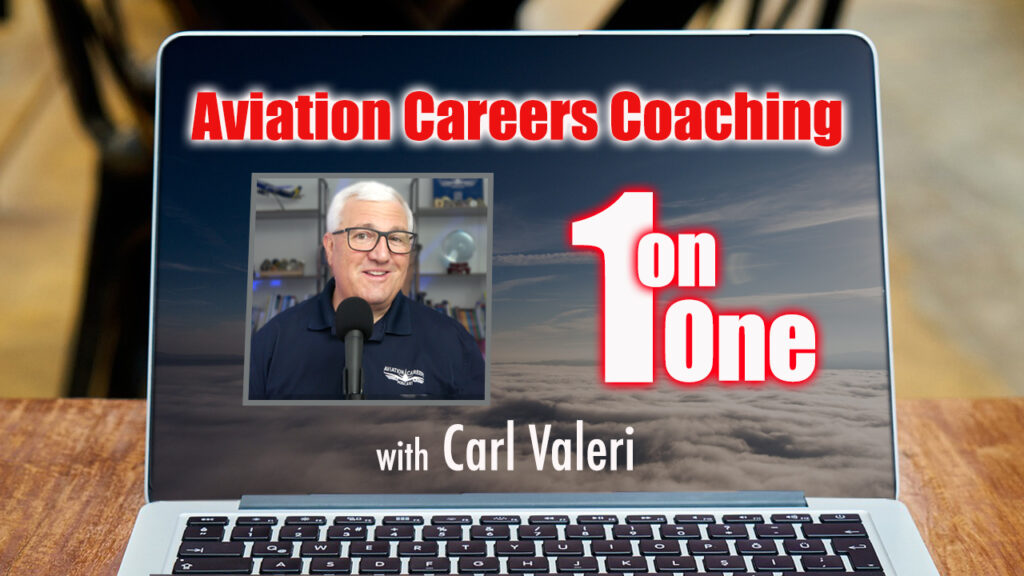
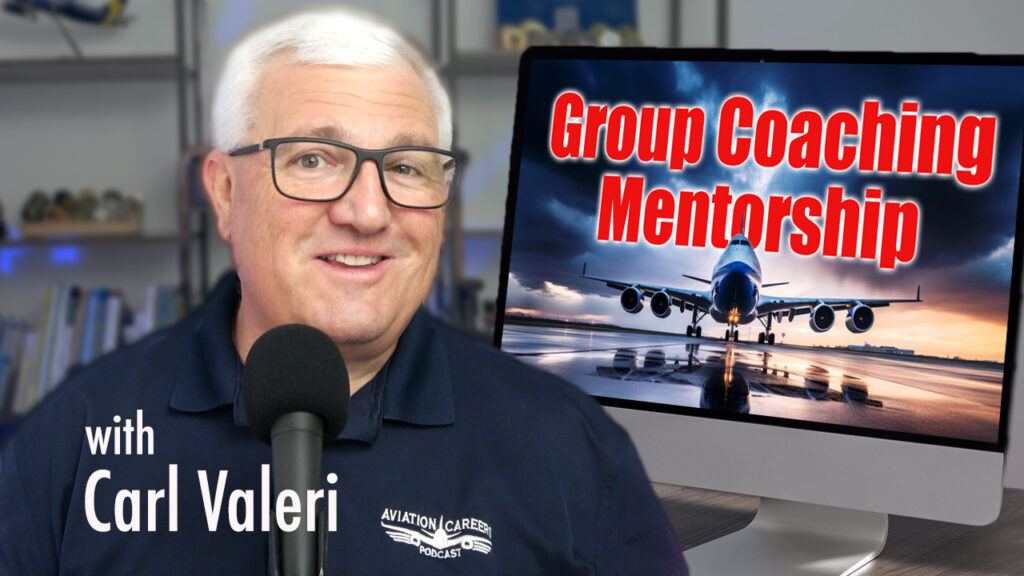
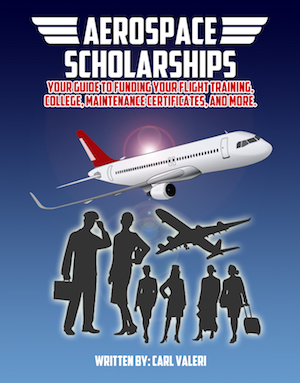
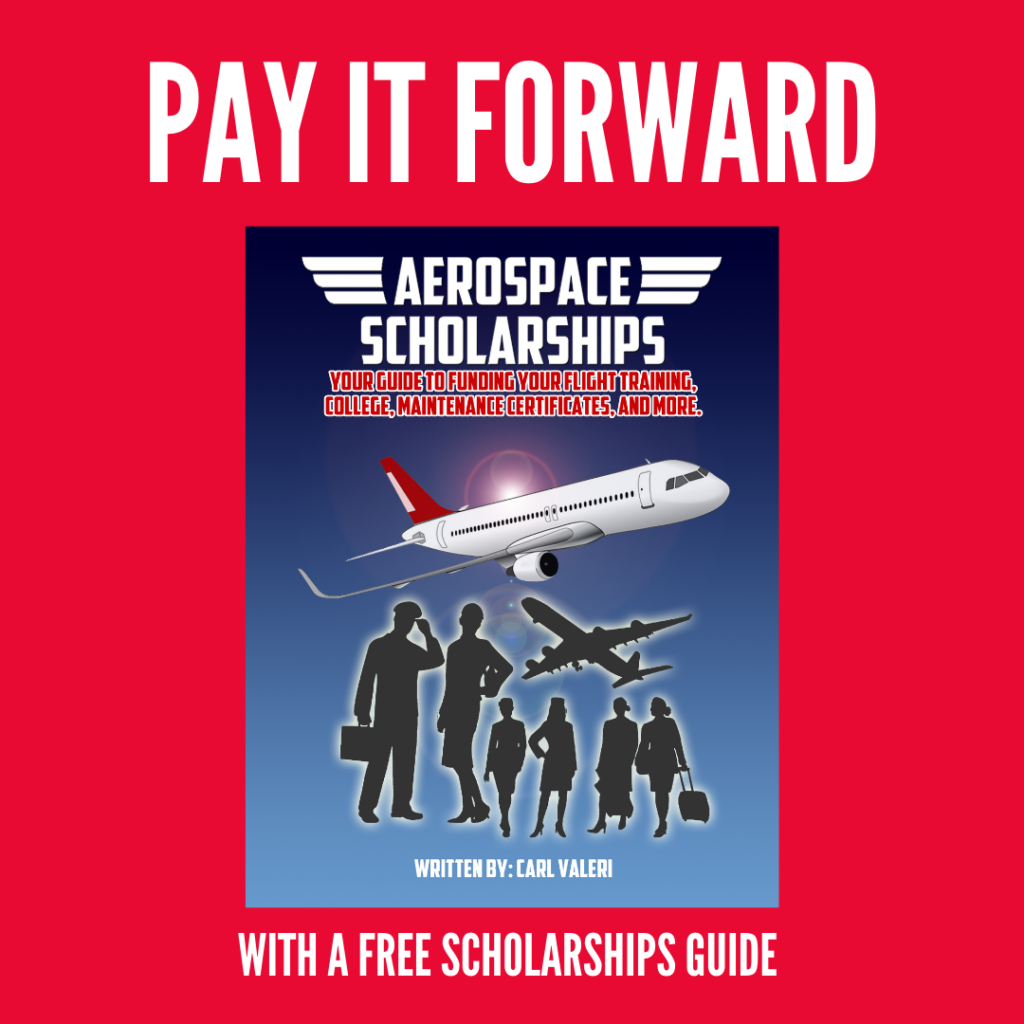
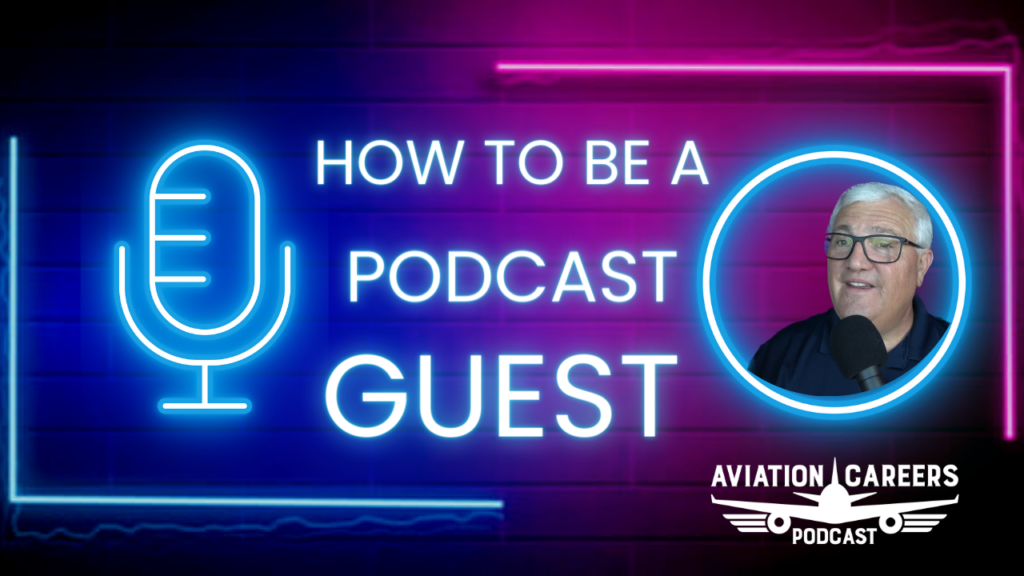
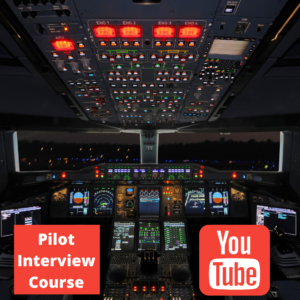


{ 2 comments… read them below or add one }
Carl,
My name is Mike and I am a military pilot stationed in Japan. I came across your podcast by way of the Airplane Geeks podcast. I’ve only been downloading and listening for the past three days but I’ve gone through six or seven programs on my 30-40 min commute to work. I especially was drawn to listen to ACP036 about whether or not to leave the military. I have over 20 years in the military and so I plan to retire here in the coming months. My decision is more whether to go Contract ISR (Intelligence, Surveillance and Reconnaissance), Corporate Overseas or Airlines Overseas. My family and I really want to continue to live in Japan. I have over 4000 total hours, 2400+ helicopter hours but most recently I’ve been flying the KingAir 200 and 350 and have nearly 1500 hours in them. I am the NATOPS Instructor (Lead instructor able to train and designate other instructors) and am working to convert that experience to CFI, CFII and MEI. I also earned my ATP when I was back in the States last Fall. Lastly I do have 140 hours of Cessna Citation Encore time but that was nearly three years ago. I feel like I have the right skills and experience to obtain a satisfying flying job but other than the Contract ISR most of the Corporate and Airlines jobs I’ve seen for overseas are looking for more multi-engine turbine jet time or “line” experience from Stateside airlines. I just downloaded episode 11 about flying in China and plan to listen to that tomorrow on my commute.
I really enjoy the Podcast and look forward to the Winter Flying and Pilot Jobs Book course now that I’m and yearly member.
Semper Fidelis and Fly Safe,
Mike Conover
P.S. The one thing I did today to further my aviation career was sign up for the WASINC job site.
Thanks for sharing the one thing you did to move your career forward. You have some very good experience. One method of gaining more “line” flying in the states is to work for a part 121 carrier in the states. You can do this at both the regionals and the majors.
As a matter of fact I know an F-16 pilot who left flying for a few years and could not get hired because he had no recent experience. He went to the regionals to gain recency of experience and then moved to the majors and is a Captain on an Airbus.
Thanks again for the inspirational words. I’m sure you will enjoy the Pilot Jobs Book.
Carl.